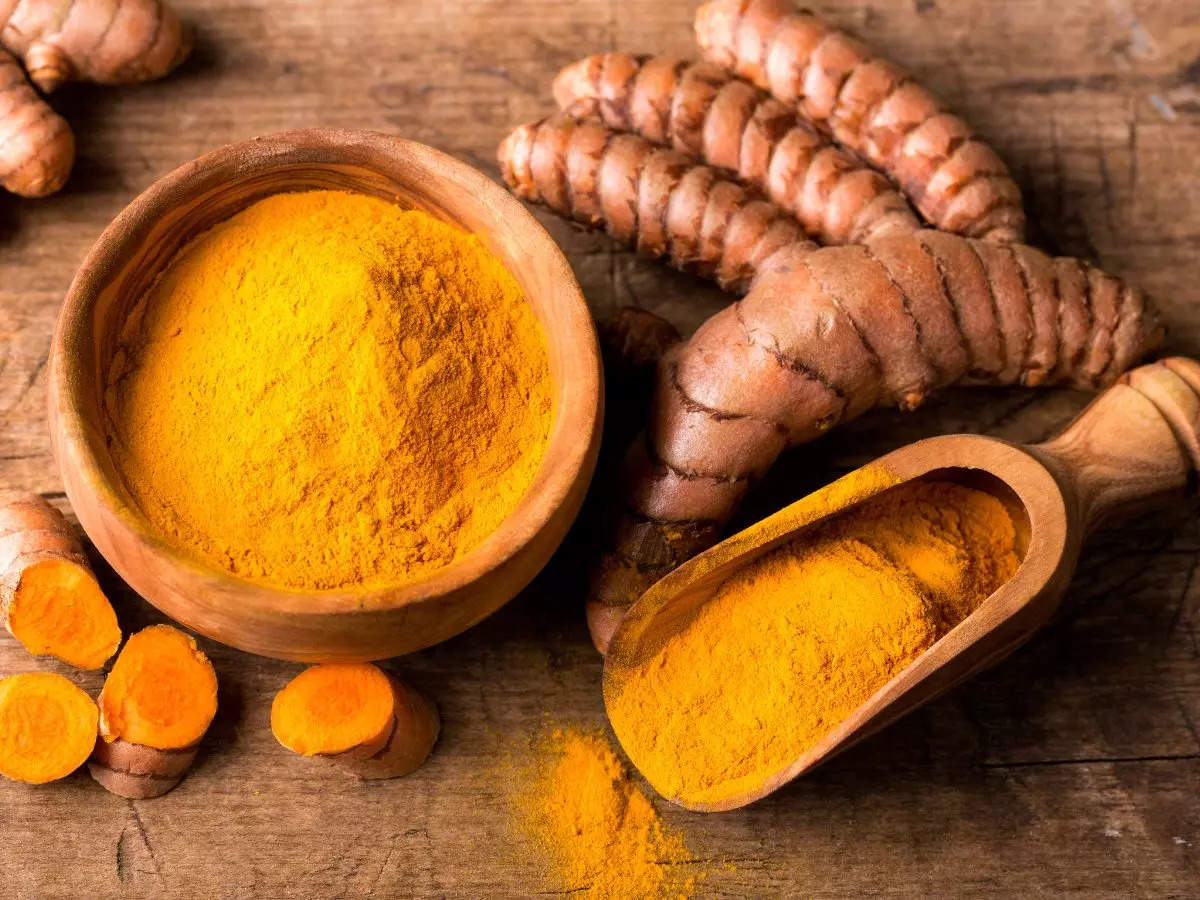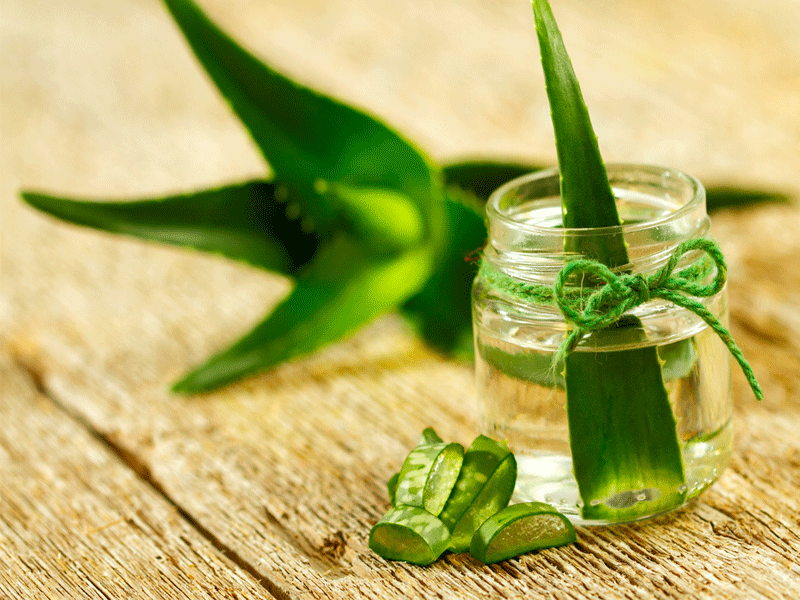Polycystic Ovary Syndrome (PCOS) is a common endocrine disorder that affects many women worldwide, causing symptoms like irregular menstrual cycles, weight gain, and infertility. Many women choose to explore natural alternatives to address their symptoms, even though conventional treatments are readily available. This guide explores various natural treatments and home remedies for PCOS, including dietary adjustments, adopting a healthier lifestyle, and considering herbal remedies. This article emphasises the advantages of natural approaches, such as the insulin-sensitising effects of inositol and the anti-inflammatory properties of turmeric. These methods can effectively alleviate symptoms and improve overall health.
Understanding PCOS
PCOS is a hormonal disorder that often affects women during their reproductive years. The condition is characterised by irregular menstrual cycles, elevated levels of androgen hormones, and the presence of polycystic ovaries. Common symptoms of this condition may include changes in weight, skin issues, mood swings, sleep problems, and difficulties with fertility. Scientists are continuing to comprehend this condition’s underlying cause fully. Researchers have identified several potential factors that may contribute to its development, including excess insulin, low-grade inflammation, and genetics. The main goal of treatment is to effectively address symptoms by making necessary lifestyle changes and using appropriate medication.
Symptoms of PCOS
- Irregular or missed periods
- Excessive hair growth, especially on the face (hirsutism)
- Thinning hair on the head
- Acne
- Weight gain
- Mood changes
- Sleep problems
- Infertility.
Causes of PCOS
The exact cause of Polycystic Ovary Syndrome (PCOS) is unknown, but several factors may play a role:
- Excess androgen: High levels of androgens can result in hirsutism and acne.
- Heredity: Certain genes might be linked to PCOS.
- Excess insulin: High insulin levels can lead to increased androgen production.
- Low-grade inflammation: This inflammation can stimulate the ovaries to produce androgens.
Lifestyle Modifications for PCOS
Maintaining a healthy weight
For optimal management of PCOS, decreasing the consumption of sugar and carbohydrates is recommended. A practical approach is to reduce the intake of added sugars and refined carbohydrates. Instead, try incorporating meals and snacks that have a well-balanced amount of carbohydrates. Opting for fibre-rich and minimally processed carbohydrates, like whole fruits and whole grains, can have numerous advantages. Furthermore, it is essential to steer clear of sugary beverages. It is advisable to seek guidance from a healthcare provider or dietitian to determine the most appropriate dietary adjustments.
Following a low-calorie diet
Making certain adjustments to your diet and lifestyle can be crucial in effectively managing PCOS symptoms and improving insulin resistance. Making specific dietary adjustments is essential for improving your overall health. Here are some helpful adjustments:
- Reducing carbohydrate intake.
- Increasing fibre consumption.
- Incorporating protein into your meals, including healthy fats.
- Avoiding processed foods and added sugars.
Ensuring you sleep enough
Getting enough sleep is essential for effectively managing PCOS and overall health. It is crucial for maintaining hormonal balance, alleviating symptoms, and regulating vital physiological processes such as hormone production. Furthermore, it helps with weight management by regulating appetite hormones and reducing cravings. It is crucial to seek guidance from a healthcare professional when addressing sleep disturbances.
Reducing intake of sugars and carbohydrates
A nutritious diet for PCOS emphasises consuming foods rich in essential nutrients and low glycemic index. The diet incorporates many nourishing foods, including lean proteins, monounsaturated fats, whole grains, fruits, and vegetables. Limiting the consumption of red meat, refined carbohydrates, and processed foods is crucial.
Regular Exercise
This exercise plan for PCOS is thorough and covers all the necessary components. It includes 150 minutes of moderate-intensity exercise, weekly resistance training, aerobic activities like walking, jogging, and running HIIT workouts, and stress-relieving exercises such as yoga. By adhering to this comprehensive routine, individuals can successfully maintain their weight and enjoy enhancements in their mental well-being.
Behaviour Modification Support
The text highlights the importance of offering behaviour modification support for PCOS. The text emphasises the significance of embracing a healthy diet and lifestyle, engaging in regular physical activity, utilising methods to evaluate risk perception, monitoring body mass index, blood pressure, and metabolic parameters, and scheduling regular screenings for depression, anxiety, and obstructive sleep apnea. It implies the importance of collaborating with a healthcare provider or behavioural therapist to receive individualised support.
Home Remedies for PCOS
Cinnamon

Research has shown that cinnamon can improve the functioning of insulin receptors, which may be advantageous for women with PCOS. Studies have found that incorporating cinnamon into your diet may be beneficial in addressing menstrual irregularities. Consider incorporating it into your routine by adding it to your tea daily. Due to their higher concentration, tablet forms of this product must be taken under the guidance of a healthcare professional.
Mulethi/Liquorice

For those seeking natural remedies, mulethi or liquorice could benefit your PCOS management plan. It has been found to support hormone balance and facilitate the conversion of androgens into estrogen. A simple combination of mulethi root powder and hot water used regularly, can offer a range of advantages. Mulethi contains a compound called glycyrrhizin, which gives it anti-inflammatory properties and helps with sugar metabolism and hormone balance.
Flaxseeds
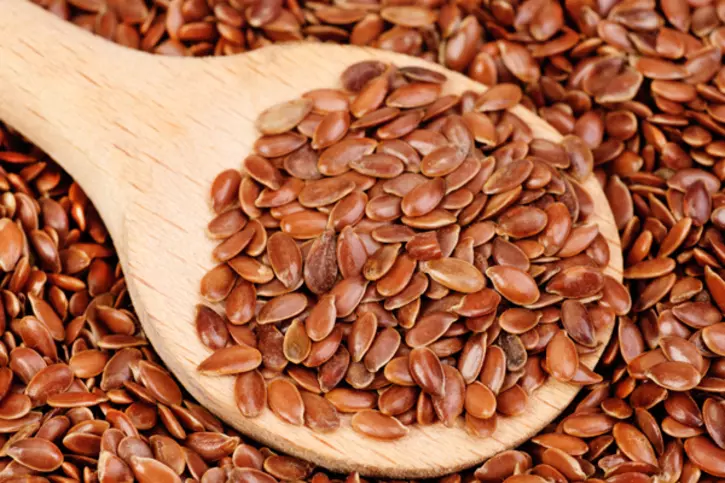
Research has revealed the existence of a compound in flaxseeds that may be able to lower androgen levels in the body. This compound successfully relieved the symptoms of PCOS associated with elevated androgen levels, such as excessive body hair growth. In addition, it was found to have positive effects on weight loss. Adding flaxseeds to your daily meals, whether in milkshakes, smoothies, or as a standalone snack, can positively affect your overall health.
Chamomile Tea

Exciting research on animals has suggested that chamomile tea could hold promise as a natural remedy for PCOS. The use of chamomile extract led to a noticeable reduction in PCOS symptoms, as confirmed by microscopic examination of ovarian tissues. While more studies on humans are needed to validate these findings, the potential is undeniably intriguing. One way to delve into this potential is by enjoying chamomile tea. Whether you prefer a tea bag or a spoonful of warm water, the choice is yours to explore this natural remedy.
Ashwagandha
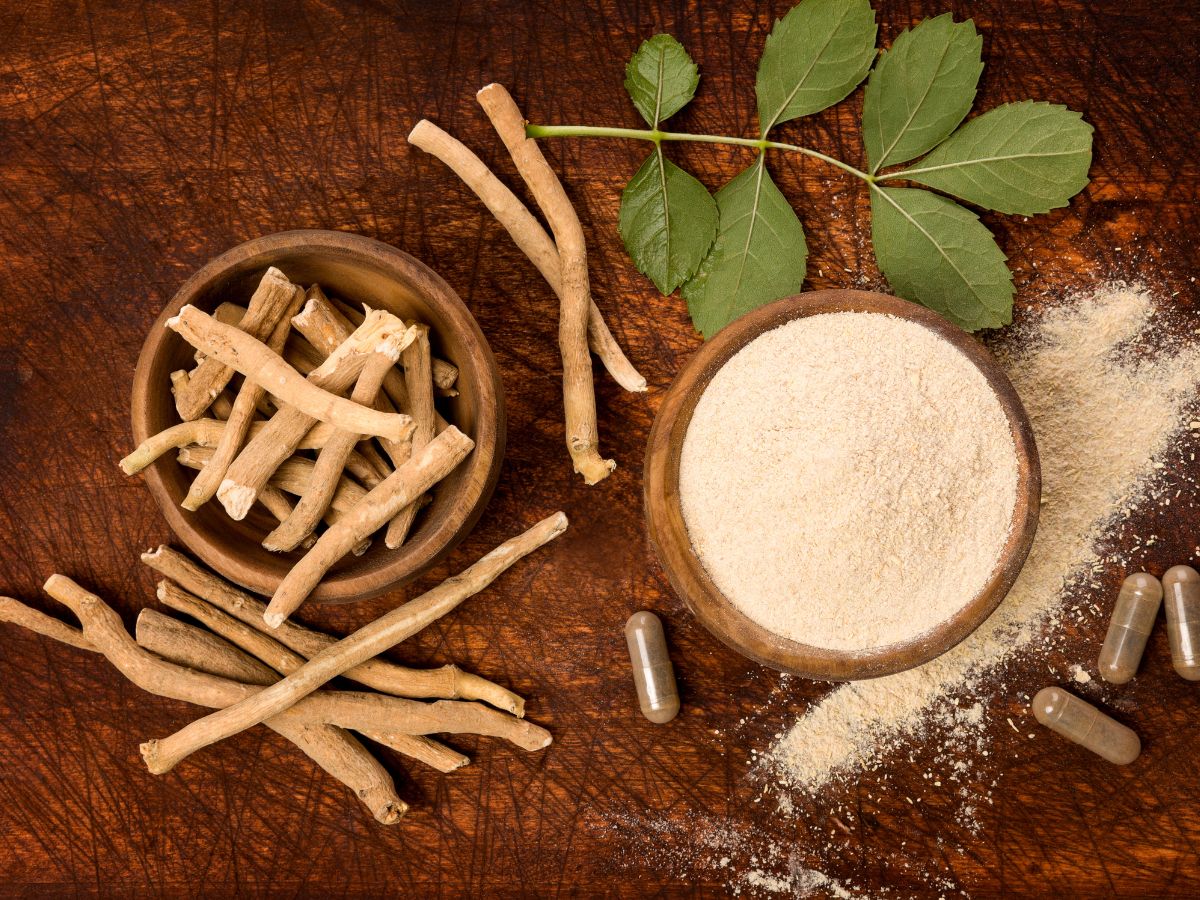
Extensive research has confirmed that chronic inflammation is the root cause of many diseases and disorders. Ashwagandha has great potential in treating various ailments due to its powerful withanolides and anti-inflammatory properties. It is known for its ability to treat multiple health issues, including parasitic infections, oedema, constipation, asthma, and various skin conditions.
Omega 3 Supplements or Fish Oil
Studies have shown that incorporating omega-3 fatty acids into one’s diet may contribute to normalising the menstrual cycle. There is no noticeable effect on weight, bleeding, ovarian size, or the number of ovarian follicles. It can be seen as a home remedy for PCOS.
Chasteberry
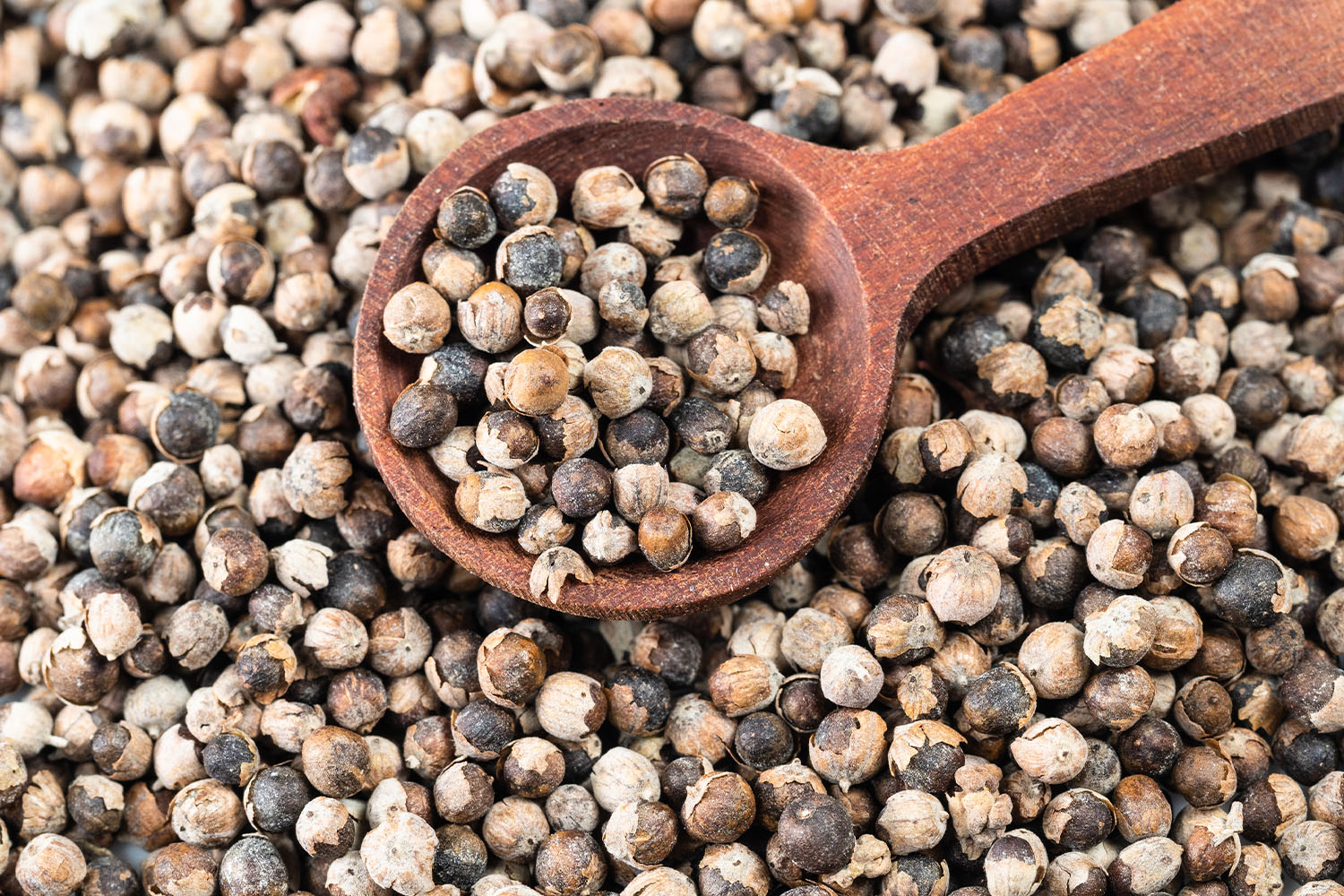
Chasteberry, also called Monk’s pepper or vitex agnus-castus, is a well-known natural remedy for effectively managing symptoms of PMS and uterine fibroids. A study has shown the possibility of raising progesterone and estrogen levels in women with PCOS. Additional research is necessary to fully understand the potential long-term effects of hormones.
Fennel Seeds

Fennel and fennel seed extract have been linked to alleviating menstrual discomfort and supporting ovarian health. Promising evidence indicates that fennel may benefit women dealing with infertility. It promotes follicle development, although more research is required to confirm these findings.
Ginger
Ginger is a frequently utilised natural solution for various digestive issues. Additionally, it has demonstrated the potential to relieve pain associated with ovarian cysts and PMS. There is compelling evidence indicating a potential slowdown in the growth of cancer cells in women with a history of ovarian cancer.
Evening Primrose Oil
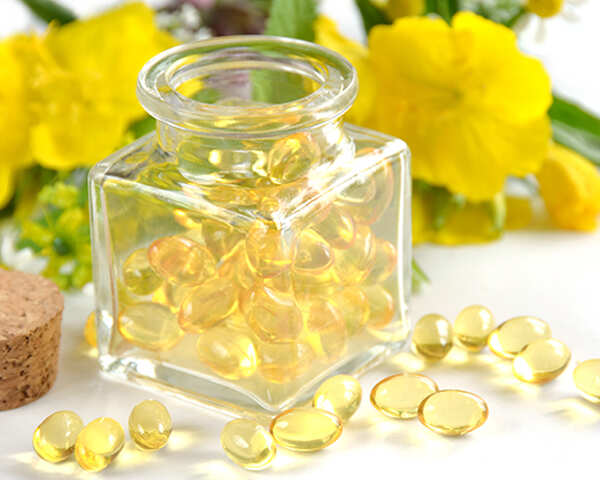
Evening primrose oil is a natural remedy that can effectively alleviate common symptoms of PMS, including bloating, irritability, and breast pain. In addition, it may have the potential to lower testosterone levels in women with PCOS.
Saffron
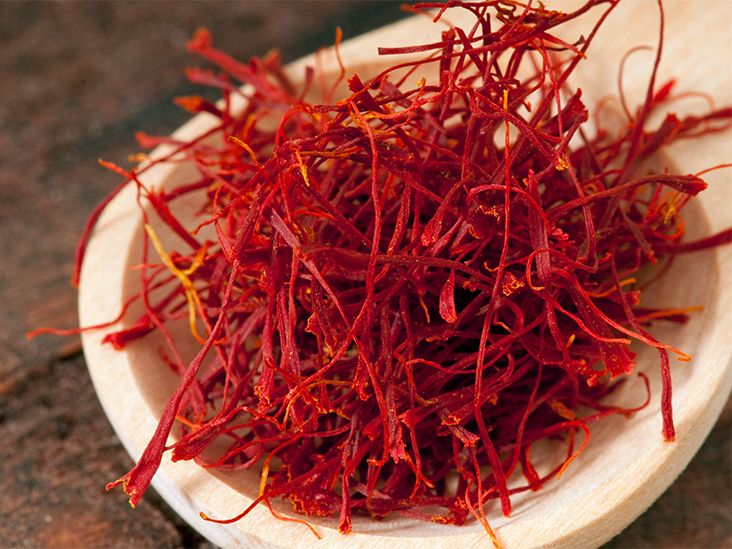
There is extensive documentation on using saffron petals as a remedy for PMS pain. As anti-inflammatory agents, these petals possess potential therapeutic benefits for women experiencing pelvic and abdominal pain due to PCOS.
Shatavari
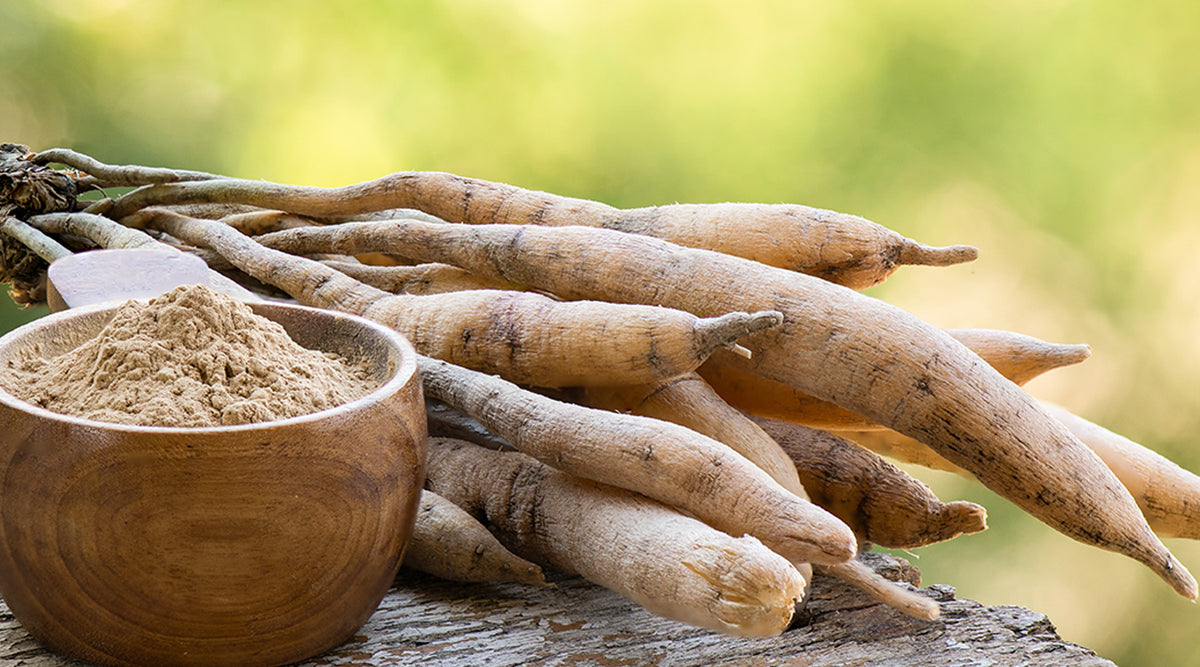
Shatavari, a herb from the asparagus family, has been widely used in traditional Ayurveda medicine to address reproductive ailments. Improving egg quality and ovulation can potentially provide relief for women with PCOS who are facing infertility.
Turmeric
Turmeric has gained significant attention due to its compound curcumin, known for its potential anti-inflammatory properties. Recent studies indicate that turmeric may positively affect reducing symptoms of PCOS. Turmeric extract has been found to have potential benefits in maintaining balanced hormone and lipid levels, similar to those of prescription medications like metformin.
Aloe Vera Gel
Aloe vera is often used in combination with other compounds to create formulations that effectively address PCOS by restoring hormone levels in the ovaries. The findings of this study were acquired through researching animals. Additional research is required to ascertain the precise application of aloe vera gel.
Conclusion
Discover the best natural home remedies for Treating PCOS. Choosing natural treatments and home remedies for PCOS offers a holistic approach to managing symptoms and improving overall health. The mentioned strategies, including maintaining a balanced diet, engaging in regular physical activity, and incorporating specific herbs and supplements, can provide significant relief. It is essential to consult with a healthcare professional before starting any new treatment, especially if you have existing health conditions. However, these natural home remedies do provide clear benefits for PCOS. Integrating these natural methods into your daily routine can sustainably achieve a more balanced hormonal state and improve overall well-being.
FAQs
Q. Can lifestyle changes help manage PCOS symptoms?
Incorporating lifestyle changes such as regular exercise, maintaining a healthy weight, and adhering to a balanced diet can effectively address PCOS symptoms and enhance overall well-being.
Q. Are there natural supplements that can aid in treating PCOS?
Certain natural supplements, such as inositol, omega-3 fatty acids, and vitamin D, have demonstrated potential for improving PCOS symptoms.
Q. Can stress management techniques benefit women with PCOS?
Stress management techniques such as yoga, meditation, and getting enough sleep positively impact PCOS symptoms by reducing cortisol levels.



